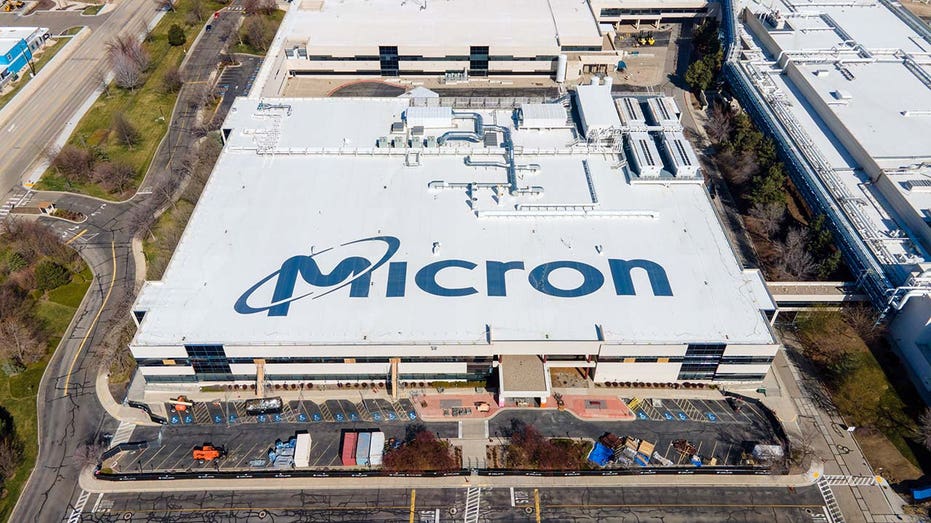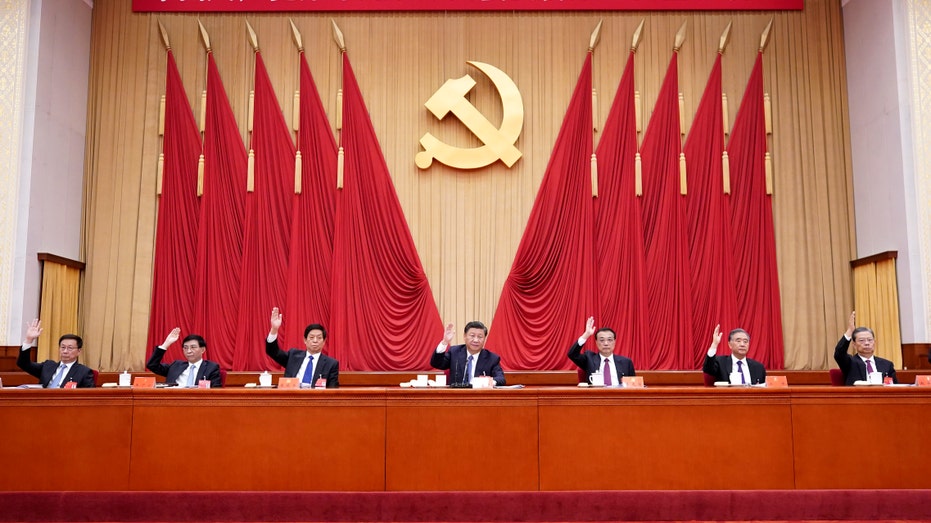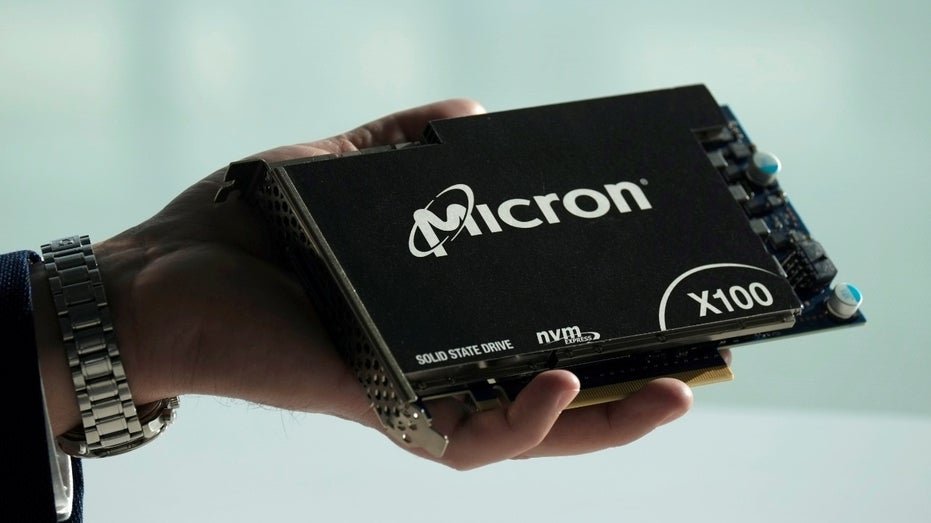China slaps restrictions on US company over 'national security' risks as chip war escalates
Chinese government's move comes as U.S., Japan, Europe restricted exports of advanced chips to China
China continues to behave ‘provocatively and aggressively’: Heinrichs
National security analyst Rebeccah Heinrichs joined "Mornings with Maria" to discuss the G-7 Summit as the U.S. concerns rise amid growing tensions with China.
China’s government announced new restrictions Sunday on a major U.S. chipmaker, citing national security concerns as the global competition over advanced semiconductors escalates.
The leading cybersecurity regulator in China, known as the Cyberspace Administration of China (CAC), announced a review of Micron Technology’s products in April shortly after the U.S. and Japan announced new curbs on Chinese firms’ access to technology used in chip manufacturing. Micron is a leading U.S. producer of semiconductors used in computer memory and data storage hardware.
"The review found that Micron’s products have serious network security risks to China’s critical information infrastructure supply chain, affecting China’s national security," the CAC said in a statement that didn’t specify the alleged security risks.
US WEIGHS RESTRICTIONS ON INVESTMENT IN CHINESE AI FIRMS

Micron Technology was targeted by the Chinese government with new restrictions on sales to China-based firms involved with "critical infrastructure." (Jeremy Erickson/Bloomberg via Getty Images / Getty Images)
"Operators of critical infrastructure in China should stop purchasing products from Micron," the agency said. "China firmly promotes high-level opening up to the outside world and, as long as it complies with Chinese laws and regulations, welcomes enterprises and various platform products and services from various countries to enter the Chinese market."
Chinese law defines "critical infrastructure" broadly, so it may apply to companies in a wide range of economic sectors that range from communications and financial services to transportation systems.
TSMC IN TALKS WITH US ABOUT CHIPS MANUFACTURING SUBSIDY CRITERIA

The Chinese government has cried foul over export restrictions on semiconductors imposed by the U.S., Japan and several Europe countries. (Wang Ye/Xinhua via AP / AP Newsroom)
Micron told FOX Business in a statement, "We have received the CAC’s notice following its review of Micron products sold in China. We are evaluating the conclusion and assessing our next steps. We look forward to continuing to engage in discussions with Chinese authorities."
The U.S., Europe and Japan have taken steps over the last year to restrict the export of sophisticated chips used in manufacturing processes for cars, smartphones and computers to China due to concerns they may be used by the Chinese government to advance its military modernization or further internal repression.
Those moves come as the Chinese Communist Party takes an increasingly assertive stance toward regional neighbors like Taiwan and represses human rights in Hong Kong and Xinjiang.
CHINESE POLICE QUESTION STAFF OF US CONSULTING FIRM BAIN & COMPANY AT SHANGHAI OFFICE

Micron Technology is a leading U.S. producer of semiconductors used in computer memory and data storage devices. (Reuters/Stephen Nellis / Reuters)
China views the tech restrictions as an effort to block its development and has retaliated incrementally due to concerns that the trade restrictions may have a negative impact on Chinese companies that manufacture many of the world’s smartphones, computers and other consumer electronic devices.
About 10% of Micron’s revenue is derived from China, but the majority of those sales come from non-Chinese firms acquiring chips to use in products manufactured in China. It’s unclear whether the Chinese government’s newly announced restrictions will apply to non-Chinese firms operating in the country.
| Ticker | Security | Last | Change | Change % |
|---|---|---|---|---|
| MU | MICRON TECHNOLOGY INC. | 394.69 | +11.80 | +3.08% |
GET FOX BUSINESS ON THE GO BY CLICKING HERE
Following the enactment of the CHIPS Act in 2022, Micron announced billions of new investments in expanding its U.S.-based manufacturing capacity, including a $15 billion facility in Boise, Idaho, where the company is headquartered, and an expansion of a facility in Clay, New York, that may cost $100 billion.
Reuters and the Associated Press contributed to this report.




















